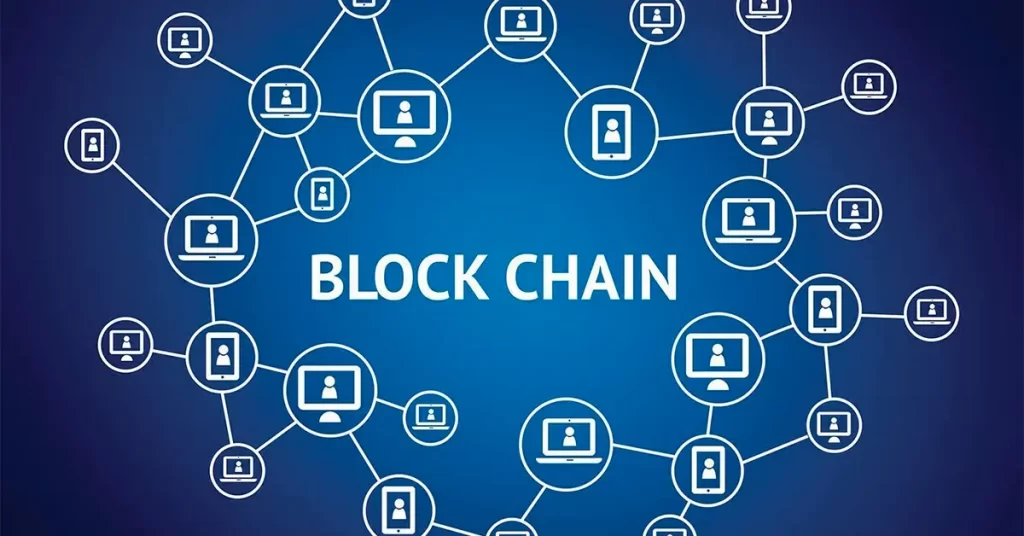
The post Promising Use Cases Of Blockchain In Healthcare appeared first on Coinpedia - Fintech & Cryptocurreny News Media| Crypto Guide
Blockchain is a digital ledger, a database that streamlines the tracking of assets and the recording of transactions inside a certain network. It is important to know that assets traded could be material (such a house, car, cash, or piece of land) or intangible (intellectual property, patents, copyrights, branding). Because of how it is structured, blockchain is highly decentralized, immutable, and secure. It creates new cost-saving efficiencies while enhancing the traceability, security, reliability, and transparency of data shared over this network.
Originally created to facilitate transactions of cryptocurrencies, blockchain has expended beyond bitcoin trading. It’s useful to consider blockchain technology as a new breed of software for streamlining corporate operations. In addition to being a crucial tool for regulatory compliance and audits, money laundering protection, record management, financial management, and accounting, among other things, the technology has a wide range of advantages, including facilitating international payments, promoting digital inclusion, and ID verification.
Governments all over the world are starting to grasp the advantages of the technology, as the private sector adopts blockchain technology at a faster rate. Blockchain can help protect data, enhance operations, and stop fraud, waste, and abuse in government services at the national level while also boosting trust and accountability. For instance, incorporating blockchain technology into the voting process might potentially end election fraud and perhaps increase voter turnout.
One public area that has much to gain is the health sector. One initiative of notice, that is already working towards that end, is the Synaptic Health Alliance. Their blockchain-based system is being developed to improve provider databases, which are a pain point for both patients and doctors since they are usually inaccurate and out of date. A modification to one database could update the others if the databases were linked together by blockchain, increasing the accuracy of the information.
Another pilot program of interest is Optum’s radar to improve security associated to medical records. Optum believes it can integrate blockchain into EHRs by using it to authorize provider identities while keeping all the actual patient data off-chain. In more details, the blockchain could be utilized to track who accesses a record and who is supposed to have access to a record. It might also hold metadata linked with that event, but not necessarily the details.
Finally, there’s the possibility of introducing smart contracts into the public health systems. A smart contract is a computer program or transaction protocol that automatically executes, controls, or documents legally significant events and activities in accordance with the provisions of a contract or an agreement. They are designed to reduce the need for trusted intermediaries, arbitration and enforcement costs, fraud losses, and malicious and unintentional exceptions. For healthcare, it could facilitate billing, for instance – in this model, parties can transact peer-to-peer directly, so there’s transparency in those payments as well, without an intermediary that can mark it up.
These are many of the possible benefits of blockchain for government administration and the public sector; healthcare management is just one of many fields that could be improved with the widespread adoption of the technology. Hopefully these initial use cases will inspire further adoption & innovation in the sphere to the advantages of consumers, coupled with government & public-sector oversight, to improve healthcare for the general public.
Disclaimer: This is a guest post Coinpedia does not endorse or is responsible for any content, accuracy, quality, advertising, products, or other materials on this page. Readers should do their own research before taking any actions related to the company.

 3 years ago
179
3 years ago
179














 English (US) ·
English (US) ·